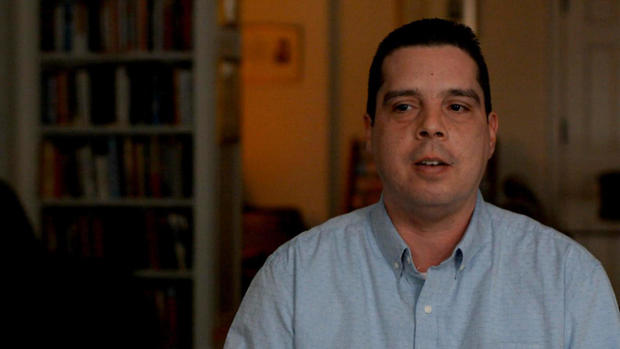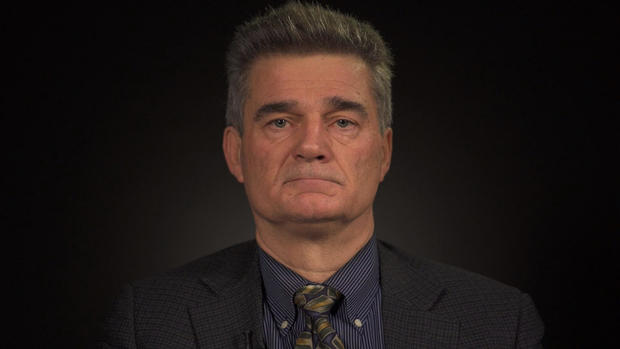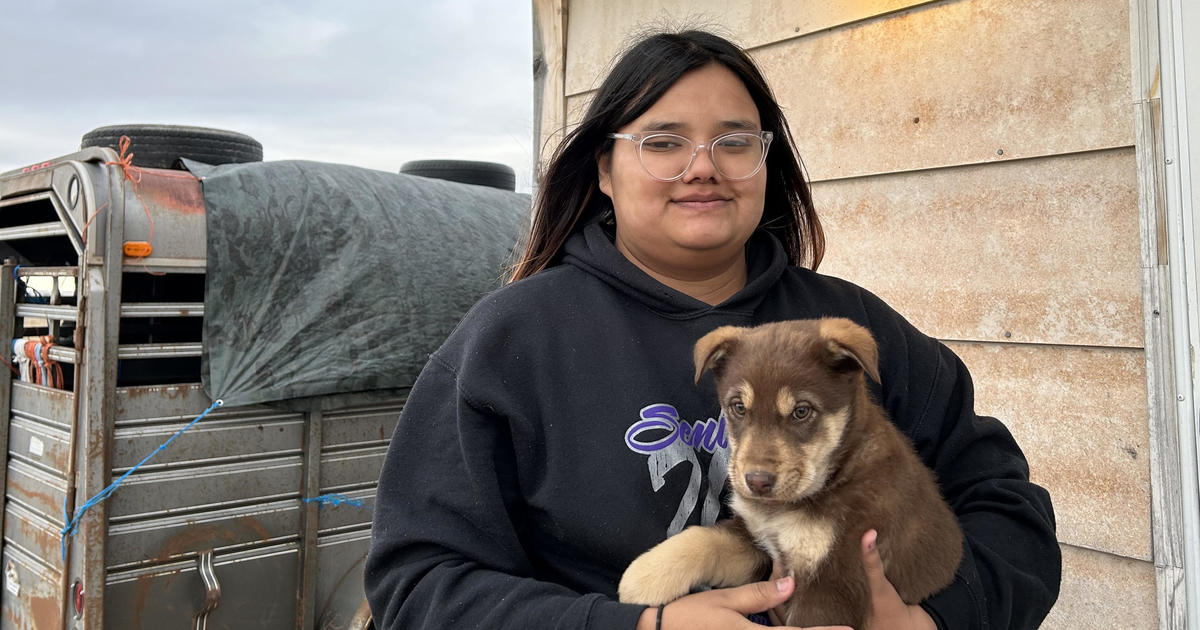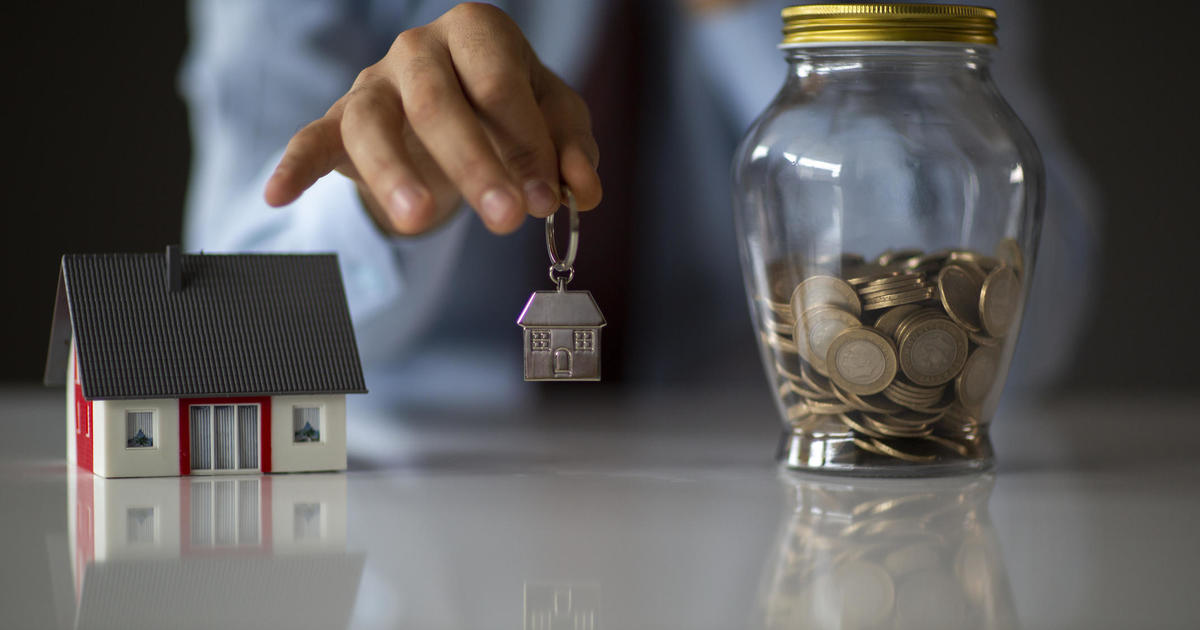How one non-profit is helping those with mental illness recover
John Rivera has battled with bipolar disorder for over 25 years. After a traumatic car accident and a personal betrayal at the age of 19, John started to exhibit signs of his mental illness.
"My life really came to a standstill. I was home, sleeping 12 hours a day, using the bathroom and going right in my room to sleep," he said.
He withdrew from college in his sophomore year. "I was completely disengaged from life."
Rivera's illness crippled him, but his story is not unique. According to the National Alliance on Mental Illness (NAMI), at least six million Americans live with bipolar disorder.
The stigma surrounding mental illness is so prevalent that many do not get the help they need. Over 60 percent of Americans did not get treatment, according to NAMI.
Rivera said he did not want to be one of those statistics. "When I got sick, I didn't want to fail the people who love me, my mother particularly. I didn't want to fail her, and so that's why I allowed myself to get help," he said.
He found support at Fountain House, a non-profit group based in New York City that aims to improve the lives of people with severe mental illnesses.
"I've been treating John for about six years. He has a wonderful support system. He's got a very loving and supportive family. And for one, he's got Fountain House, in which he has flourished and really become a leader," said Dr. Ralph Aquila, medical director at Fountain House.
Fountain House is a community-driven organization with the goal of mirroring outside society. Members can take classes, socialize with their peers, and work in units, such as culinary and florist units. The non-profit also offers employment opportunities.
"It's my second family. In many ways I wouldn't be where I'm at if it wasn't for Fountain House and the opportunities they've provided me," Rivera said. "In terms of my housing, parts of my employment, in terms of going back to school, because eventually I did go back to school and I graduated with my BA."
Over 1,000 people walk through the doors of Fountain House each year looking for a safe haven, a place for support and recovery. "You kind of like walk in through those doors and leave the diagnosis behind. There are no labels here," Rivera said.
Aquila says in addition to Fountain House, medication has been central to Rivera's recovery.
Both Rivera and Aquila say they want to stress that recovery is possible.
"I think for people who are struggling with something really chronic, or something mild: People love you, and people want to see you healthy and happy," Rivera said.
"Hope needs to be the No. 1 item on any prescription pad. Everything else we can figure out," Aquila said
The Fountain House model has inspired the creation of similar programs in 34 countries.





